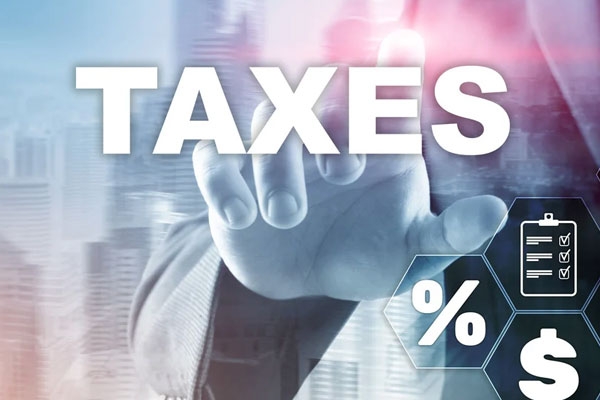
(Image source from: Canva.com)
US President Donald Trump has warned that he may introduce new tariffs that would limit American chip sales to nations that impose digital services taxes or similar rules on US technology companies. His goal is to push trading partners to eliminate taxes that affect major businesses like Alphabet, Meta, and Amazon. "Digital Taxes, Digital Services Laws, and Digital Market Regulations are all created to injure or discriminate against American Technology," he posted on Truth Social on Monday. "They also, incredibly, let China's biggest Tech Companies get off scot-free. This needs to stop, and it needs to stop NOW!" A Digital Services Tax (DST) is a tax based on revenue that countries place on large tech companies for offering digital services to local users. DSTs are different from income taxes, online sales taxes, or VATs. Unlike standard corporate income taxes that depend on profits, DSTs are usually determined by total revenues. This means that the overall income a business makes from online activities, such as internet advertising, digital marketplaces, or selling user data, is taxed even if the company isn't making a profit.
Characteristics Of Digital Services Tax:
Revenue-Based Tax: DSTs focus on total revenues instead of profits. This is meant to capture money made from digital services to users in a specific country, even if the company has no physical locations there.
Targeted At Large Multinationals: Generally, DSTs are meant to impact large international companies, especially those with high global earnings and significant digital operations.
Jurisdiction-Specific: This tax is charged based on where the user is located, meaning if a company's digital service is used by someone in a certain country, that nation can charge a DST on the earnings from that user.
Global Implementation:
DSTs have been increasingly adopted since 2018 to allow countries where digital businesses work to tax money made from local users, no matter whether the companies have a physical presence. The Organisation for Economic Co-operation and Development (OECD)'s Base Erosion and Profit Shifting (BEPS) 2.0 initiative and the COVID-19 pandemic have put more focus on DSTs as governments look for fairer taxes on technology multinationals. Fifteen OECD countries, including France, Italy, Spain, and the UK, have created or suggested DSTs, along with non-OECD nations like India, Brazil, and Argentina. The EU is also planning further actions. Canada's DST, which starts in June 2024, imposes a 3 percent tax on revenues from digital services to Canadian users provided by companies that meet specific revenue conditions. The UK has a DST aimed at large digital firms that earn significant income from UK users.
Trump intends to impose new tariffs because he believes DSTs are unfair measures that target American tech giants like Google, Meta, and Amazon, while often letting Chinese companies off the hook. Numerous countries have implemented these taxes to gather revenue from digital firms operating within their markets, but Trump claims they unfairly single out US businesses and damage America's technological standing.







